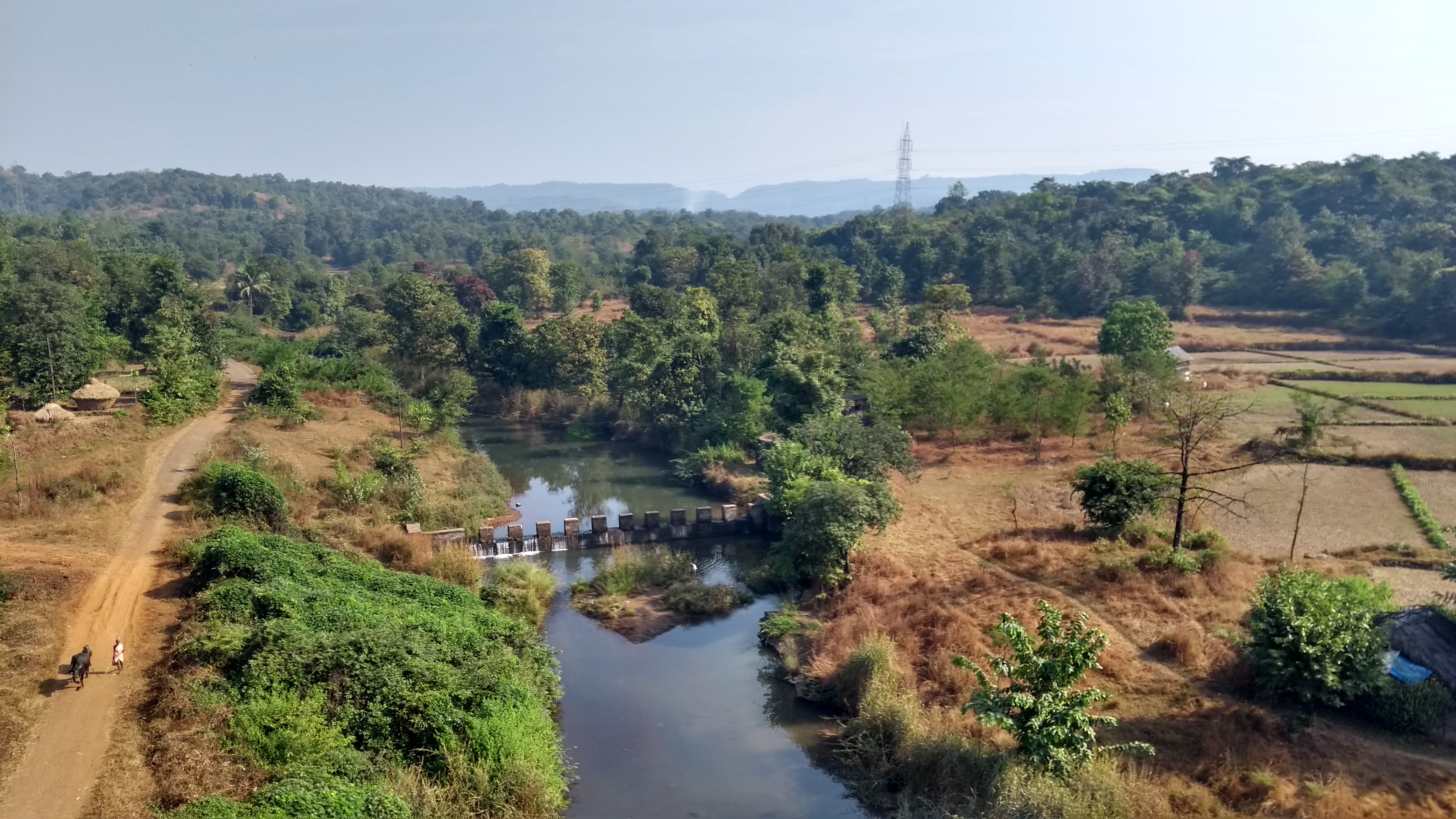Maharashtra (India)
Strengthening the cooperation between the City of Amsterdam and the state of Maharashtra in the area of integrated approach to water- and waste management and sustainable urban planning

| Region | Maharashtra |
| Period | 2018-2019 |
| Project partners | Amsterdam Institute for Advanced Metropolitan Solutions (AMS Institute), The Amsterdam Waste Environmental Consultancy & Technology company (AWECT), The City of Amsterdam |
| Recipients | Government of Maharashtra |
| Funding | Government of Maharashtra |
Background
Maharashtra generates 15% of India's trash. While collection might be 100%, there are several locations where waste is being dumped in the open. Segregation and recycling at source is essential as most landfills in Maharashtra are at saturation stage.
Waste is a growing issue in the world, especially in fast growing economies. The urgency is compounded by the Paris agreement, as landfills are significant contributors to Greenhouse Gas Emissions.
Amsterdam’s integrated approach to water and waste management is unique in the world. Waternet manages everything from drinking water to sanitation and works closely with AEB, a company specialized in extracting energy from waste. This integrated approach, bundled with the expertise and experience of the city in the areas of spatial planning and sustainability, forms a set of know-how and best practices.
Impact
The main objective of this collaboration is to provide support to the Urban Development Department, Government of Maharashtra, in implementation of various initiatives such as Swachh Bharat Mission, AMRUT and Smart Cities Mission. Collaboration includes but is not limited to urban planning, water and wastewater management, solid waste management, waste to energy, climate change, capacity development for achieving effective & efficient urban environment management. Amsterdam's waste-to-energy technology would reduce the CO2 emissions of the area with approximately 5 million tons of CO2 per year.
Activities
- Study of the current situation of waste management with regards to the informal sector and the governance of the waste value chain in the State of Maharashtra.
- Study of the current situation of urban planning with regards to the location of the landfills in the State of Maharashtra.
- Define the availability for skilled labour, the environmental and social impact as well as the regulations for suitable waste to energy locations.
- List weighing factors for the optimal choice of a waste to energy location and develop 2 to 3 different scenarios for logistics and impact on urban planning and social impact.
- Travel to the clusters with experts from Amsterdam to verify desktop research data and assess local circumstances.
Results
A feasibility study consisting of the following elements:
- current situation assessment;
- factors for a suitable waste to energy location;
- identied locations and scope for waste to energy plants;
- identified options for integration with (waste) water treatment facilities;
- a fundament for the following steps towards a successful waste-to-energy tender to be concluded in 2019.
